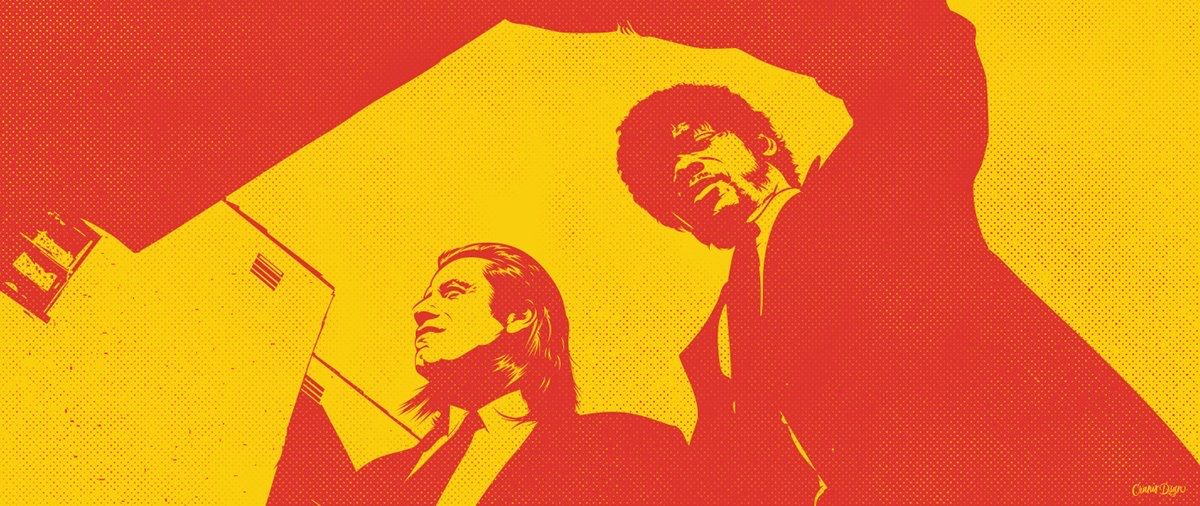The World’s Greatest Sinner is a 1962 movie directed by Timothy Carey.

WHAT HAPPENS?
An insurance salesman quits his job to preach about the power of man. He forms the “The Eternal Man” party and then enters politics. As his popularity soars, he begins to question his own beliefs.
ONE LINE REVIEW
The World’s Greatest Sinner is a quirky, clunky experiment helmed by one of cinema’s most unique talents.
THE ACTORS
It’s difficult to describe the wonderfully bizarre allure of Timothy Carey. He is an oddity – his lurching frame suggests a body that is at war with itself. His towering voice has no modulation and little cadence. He maintains little distance from other actors but feels incapable of intimacy. Yet, these awkward touches are the impeccable traits of raw originality.

There is no one quite like Timothy Carey.
The World’s Greatest Sinner sees Carey transform from Clarence Hilliard, the bored salesman and family man into God Hilliard, the spiritual zealot fulfilling his craven desires. In doing so, Carey gets to play a rock star consumed with carnal affairs and self-idealization. His performance can be balky and overly scripted – yet his presence commands constant attention. Carey is at his best both basking in the idolatry he’s created and reckoning with its truths.
Continue reading “The World’s Greatest Sinner”


